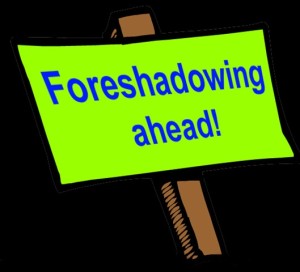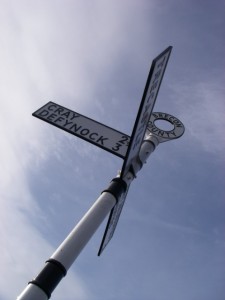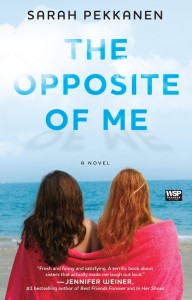by John Gilstrap
http://www.johngilstrap.com/
Actually, today’s entry has nothing to do with the JFK assassination, but after Kathryn’s post on Tuesday, I figured we’d seed our audience with some conspiracy theorists. But since I opened this door, let me share the results of my years of research into the JFK murder (I really have done years of research): I can’t vouch for the why (I suspect the mob, but there’s lots of conflicting data), but as for the how, the evidence is overwhelming that Oswald was the only shooter, and the weapon was the Mannlicher-Carcano rifle that was found on the sixth floor of the Texas School Book Depository.
Moving on . . .
I attended my very first Left Coast Crime conference last week, and it was every bit as wonderful as people have been telling me for years. As a return favor, I recommend that all Left Coasties give Magna Cum Murder a try when it comes around at the end of October. Magna is held every year in Muncie, Indiana, and it is, hands down, the best mystery conference around. (Full disclosure: it’s in Muncie, Indiana. I know I mentioned that already, but be forewarned that Muncie ain’t no Los Angeles.) But that’s not what this blog entry is about, either.
Moving on . . .
I attended a panel discussion at LCC about the use of blogs as a means for authors to promote themselves, and I was shocked to hear at least half of the experts say that blogging is a waste of time; that is siphons creative energy away from the creation of good stories. There was some acknowledgement that group blogs like TKZ might be the exception because the burden is spread around, but still, the experts leaned to the negative.
Part of my shock was rooted in the response these same panel of experts received when they asked the audience what single factor is most likely to make them buy one book over another. By an overwhelming margin, people’s primary decision factor is whether or not they “know” the author. Is there a better way to get to know an author–I’m talking the person now; not the work–than by reading his or her blog? Single one-off entries like the ones you get from authors on their blog tour might only project a marketing image; but multiple entries, week after week, year after year, reveal not only the personalities of the bloggers, but of the regular commenters, as well.
While we’re on the subject, let’s address the blog tour for a moment. I think it’s wonderful when someone drops in on a blog to write something substantive and thought-provoking while they happen to be on tour, but is there anything more annoying than the guest blooger with the 500-word advertisement for their latest tome? I hate that.
For me, blogging is like a weekly chat with friends. I get to say what’s on my mind, and listen to what others think of it. Sometimes I’m in a good mood, sometimes not so much. Sometimes I’m harried and sort of dash something out just to fill the space, but mostly I do this with the hope of entertaining people and maybe sparking a discussion that spreads and brings strangers into the fold of friends.
I suspect I’m preaching pretty much to the choir here–except maybe for the visiting conspiracy theorists–but do y’all agree that over time blogging is a form of friendship? Don’t you think it’s a way to get to “know” someone? What one factor above others makes you seek out a particular author’s work? Do you think Jack Ruby worked for the CIA?





 rs ago but hasn’t made much progress.
rs ago but hasn’t made much progress. – and realized that they’d only made it through a tiny portion of the entire trail. At that point they flew home, took a break, and met up again later in Virginia, skipping a huge chunk of the hike.
– and realized that they’d only made it through a tiny portion of the entire trail. At that point they flew home, took a break, and met up again later in Virginia, skipping a huge chunk of the hike.